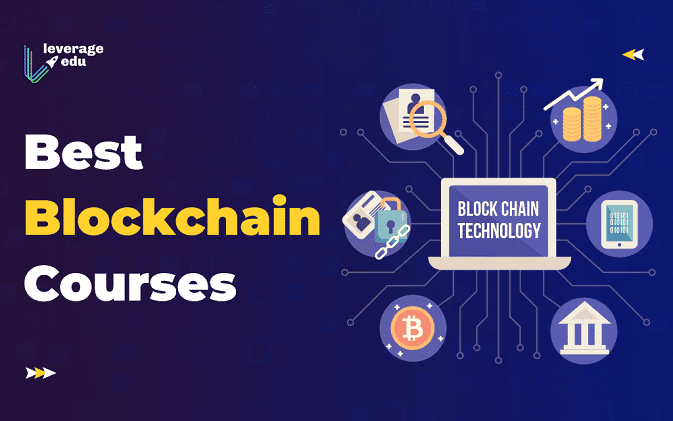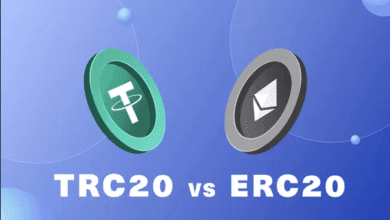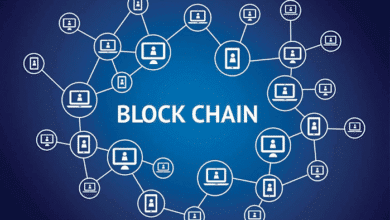Blockchain
Demystifying Blockchain: A Comprehensive Course Guide

Blockchain Course
Blockchain technology has revolutionized the way we store and transfer data. From cryptocurrencies to supply chain management, its applications are vast and ever-evolving. But where do you begin if you’re interested in learning about blockchain? This article serves as naz tricks your comprehensive guide, outlining the key areas covered in a typical blockchain course.
Unveiling the Fundamentals
- Blockchain Basics: A solid foundation is crucial. You’ll delve into the core concepts of blockchain, including distributed ledger technology, consensus mechanisms (like Proof of Work and Proof of Stake), and cryptography.
- Understanding Cryptocurrencies: Cryptocurrencies like Bitcoin and Ethereum are often the gateway to blockchain. The course will explain how they work, explore different types of cryptocurrencies, and introduce you to cryptocurrency wallets.
Diving Deeper into Technical Aspects
- Smart Contracts: These self-executing contracts are a game-changer for blockchain. You’ll learn how they function, explore their applications in various industries, and potentially gain practical experience in writing basic smart contracts.
- Blockchain Architecture: Understanding how a blockchain network operates is essential. The course will delve into the different components of a blockchain system, such as blocks, miners, and nodes.
Exploring Applications and Use Cases
- Beyond Cryptocurrency: Blockchain’s potential extends far beyond finance. The course will explore its applications in areas like supply chain management, voting systems, identity management, and healthcare.
- The Future of Blockchain: Get a glimpse into the exciting possibilities that lie ahead. The course will discuss emerging trends, potential challenges, and the future roadmap for blockchain technology.
Building Your Blockchain Skillset
- Programming Languages: Many blockchain courses introduce you to programming languages commonly used in blockchain development, such as Solidity (for Ethereum) or Python (for Hyperedge Fabric).
- Developing Blockchain Applications: Take your knowledge a step further by learning how to build basic blockchain applications. This could involve hands-on projects where you deploy smart contracts or interact with existing blockchain platforms.
This is just a taste of what a comprehensive blockchain course can offer. Remember, the specific content and depth will vary depending on the course provider and its target audience. Now that you have a roadmap, you’re well-equipped to embark on your journey into the fascinating world of blockchain technology!





